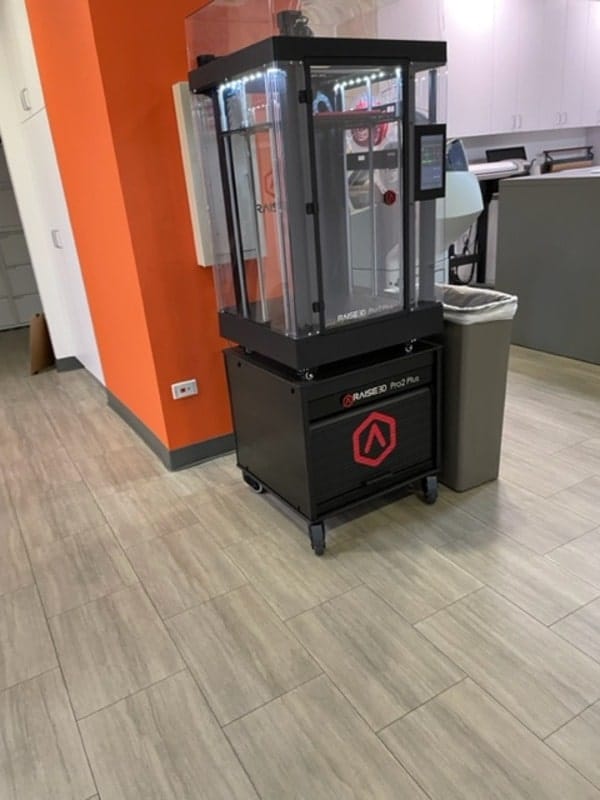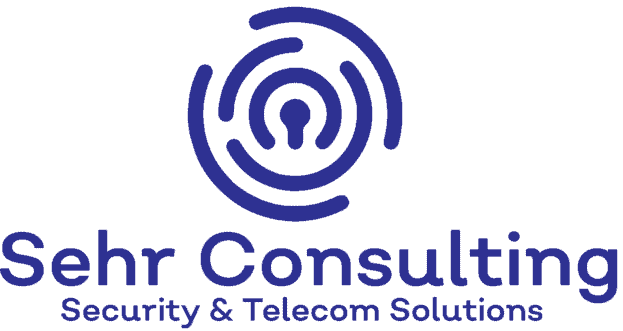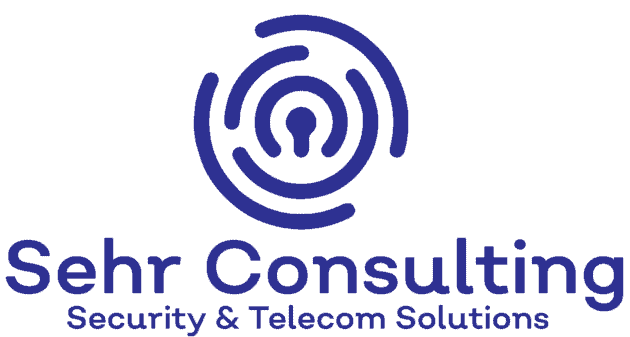
Businesses need to be aware of many different types of security threats and take steps to protect against them. By staying up to date on the latest threats, implementing strong security measures, and educating employees on security best practices, businesses can minimize their risk and keep their operations and sensitive information secure.
Hacking is the unauthorized access to or manipulation of computer systems, often with the intent to steal sensitive information or disrupt operations. Some hacking techniques include exploiting vulnerabilities in software, using malware to gain access, or using social engineering tactics to trick individuals into revealing login credentials. To protect against hacking, it’s important to keep software and security systems up to date, use strong passwords and enable multi-factor authentication, and educate employees on the importance of security best practices.
Physical security threats are also a concern for businesses, as they can include anything from theft or vandalism to natural disasters. To protect against physical threats, it’s important to have security measures in places such as locks, alarms, and surveillance systems. It’s also a good idea to have a plan in place for disasters, such as fires or earthquakes, to ensure the safety of employees and the continuation of business operations.
One of the more popular security threats today is data breaches, which occur when unauthorized individuals gain access to sensitive data, such as customer information or financial records. Data breaches can have serious consequences for businesses, including financial losses, damage to reputation, and legal issues. To protect against data breaches, it’s important to secure all data with strong encryption, implement access controls to ensure that only authorized individuals can access sensitive data, and regularly monitor for any suspicious activity.
Another security threat is spyware, which is software that is designed to secretly gather information about an individual or organization. Spyware can be used to track online activity, steal login credentials, or gather sensitive information such as financial records. To protect against spyware, it’s important to use strong anti-spyware software and be cautious when downloading or installing new programs or apps.
In addition to these threats, businesses must also be aware of the risks associated with using public Wi-Fi networks. Public Wi-Fi networks are often unsecured, which means that sensitive information transmitted over these networks can be intercepted by hackers. To protect against this, it’s essential to use a virtual private network (VPN) when using public Wi-Fi or only to access secure websites when using these networks.
There are many different security threats that businesses need to take steps to protect against. By staying informed about the latest threats, implementing strong security measures, and educating employees on security best practices, businesses can minimize their risks and keep their operations and sensitive information secure. If you are interested in learning how Sehr Consulting can bring your business up to speed using the latest technologies, fill out this form for a free consultation.



